Rust
... a programming language designer should be responsible for the mistakes that are made by the programmers
using the language.[...]
It's very easy to persuade the customers of your language that everything that goes wrong is their fault and not yours. I rejected that...
- Tony Hoare
http://blog.mattcallanan.net/2010/09/tony-hoare-billion-dollar-mistake.html
Speed
Safety

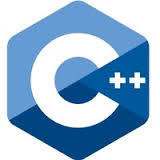

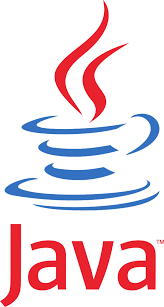

Safe, Fast
- No Data Races
- Guaranteed memory safety
- 0 Cost abstractions
- Expressive
Cargo
- build - Compile the current project
- doc - Build this project's and its dependencies' documentation
- new - Create a new cargo project
- run - Build and execute src/main.rs
- test - Run the tests
- bench - Run the benchmarks
- update - Update dependencies listed in Cargo.lock
- publish - Package and upload this project to the registry
cargo new --bin razorrustdemo
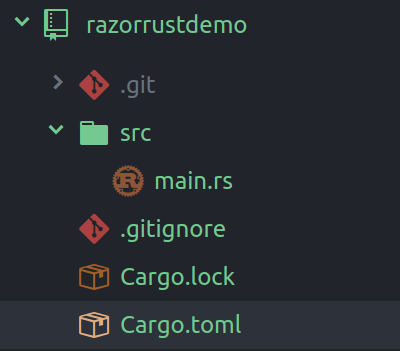
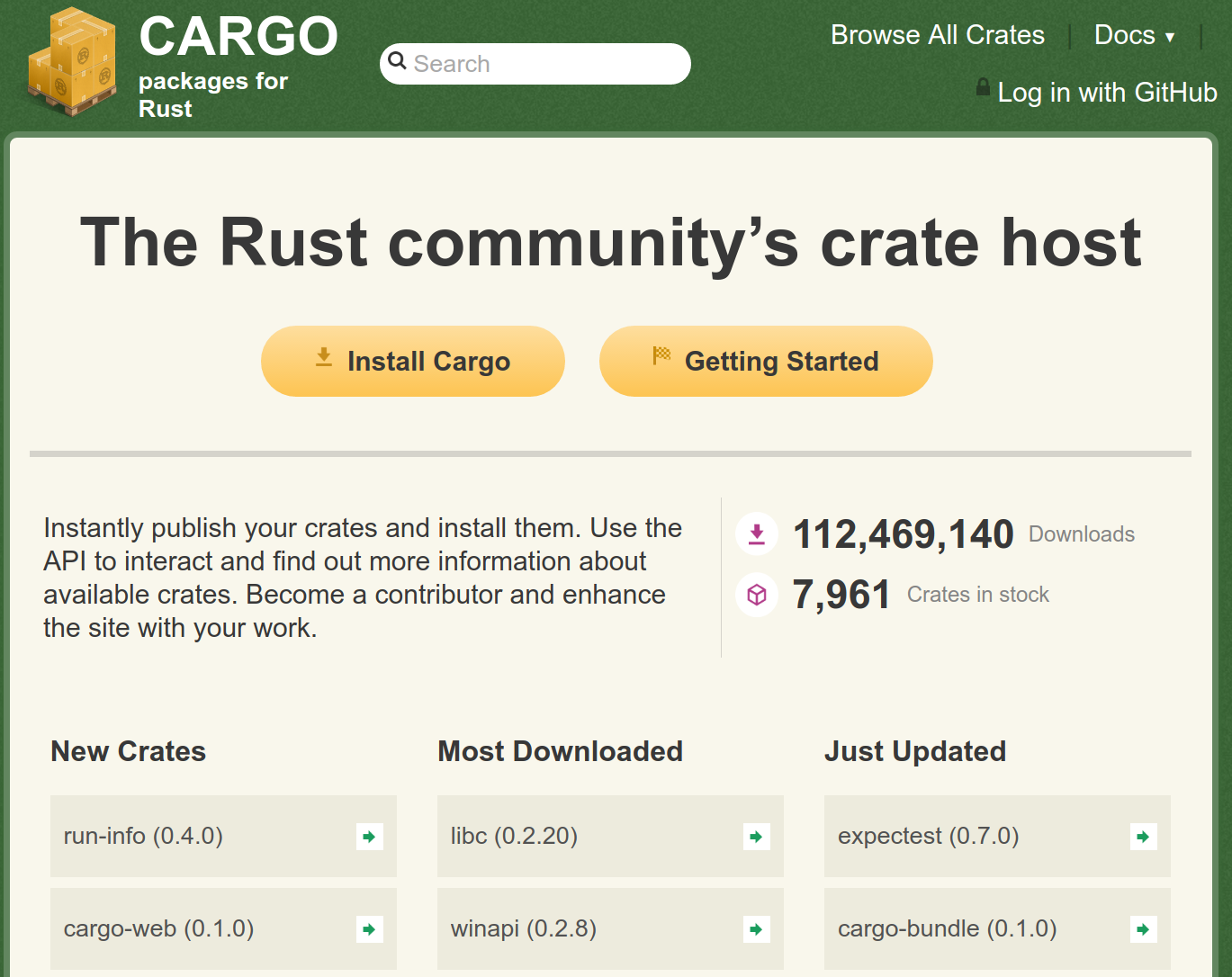
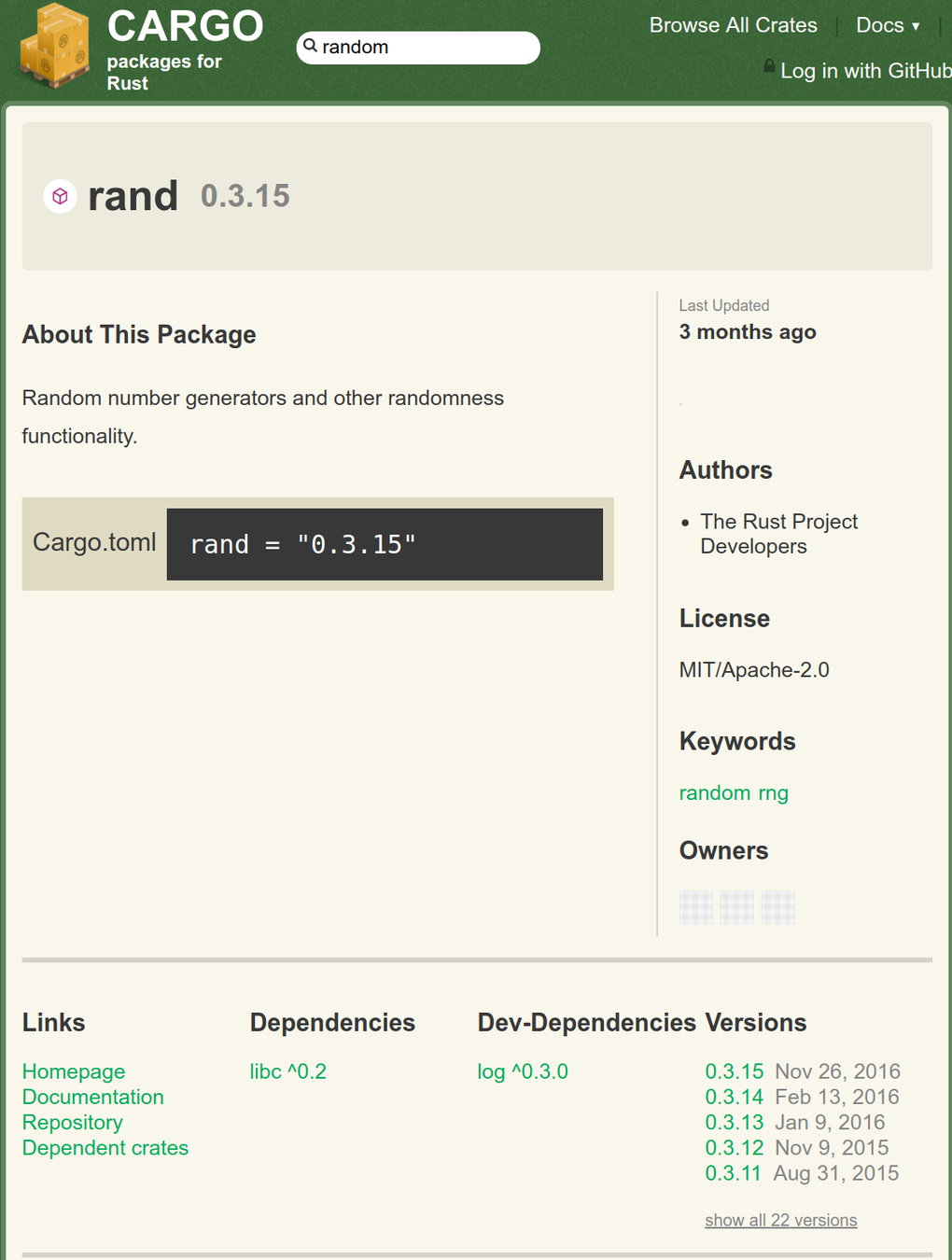
[package]
name = "razorrustdemo"
version = "0.1.0"
authors = ["insanitybit <insanitybit@gmail.com>"]
[dependencies]
rand = "0.3.*" # Update to the latest patch versionCargo.toml
[[package]]
name = "rand"
version = "0.3.15"
source = "registry+https://github.com/rust-lang/crates.io-index"
dependencies = [
"libc 0.2.20 (registry+https://github.com/rust-lang/crates.io-index)",
]Cargo.lock
extern crate rand;
fn main() {
let rand_token: u8 = rand::random();
println!("{:#?}", rand_token);
}
// T OR NONE
enum Option<T> {
Some(T),
None
}
struct Foo {
pub bar: u64,
baz: u64,
}
impl<T> Option<T> {
fn of(foo: T) -> Option<T> {
Some(foo)
}
}extern crate rand;
fn check_validity(name: &str) -> Option<u64> {
if name == "admin" {
let rand_token = rand::random();
Some(rand_token)
} else {
None
}
}
fn main() {
match check_validity("admin") {
Some(tok) => println!("Access granted, here's our token {:?}", tok),
None => panic!("Invalid name"),
}
}
fn main() {
for i in 1..100 {
match (i % 3 == 0, i % 5 == 0) {
(true, true) => println!("{:?} fizzbuzz", i),
(true, false) => println!("{:?} fizz", i),
(false, true) => println!("{:?} buzz", i),
(false, false) => println!("{:?}", i),
}
}
}fn main() {
let opt_foo = Some("string");
match opt_foo {
Some(thing) if thing.is_empty() => println!("thing is empty"),
Some(thing) => println!("thing is {:?}", thing),
None => println!("foo was none"),
}
}fn main() {
let val = Some(rand::random());
match val {
Some(v) if v < 0 => println!("Negative value"),
Some(0...10) => println!("0 to 10"),
Some(11...100) => println!("10 to 100"),
_ => println!(r"or whatever ¯\_(ツ)_/¯"),
}
}// all that other stuff from before
fn main() {
match check_validity("admin") {
Some(tok) => println!("Access granted, here's our token {:?}", tok),
None => panic!("Invalid name"),
}
}
#[cfg(test)]
mod tests {
use super::*;
#[test]
fn test_validity_check() {
assert!(check_validity("admin").is_some());
assert!(check_validity("notadmin").is_none());
}
}
pub fn check_validity(name: &str) -> Result<u64, String> {
if name == "admin" {
let rand_token = rand::random();
Ok(rand_token)
} else {
Err(format!("Failed to authenticate user: {}", name))
}
}
fn main() {
match check_validity("admin") {
Ok(tok) => println!("Access granted, here's our token {:?}", tok),
Err(e) => panic!(e),
}
}extern crate rand;
/// Checks whether a username is a valid admin or not.
/// On success returns a token. On failure returns an error stirng.
///
///
/// # Arguments
///
/// * `name` - A String that represents the username to validate
///
/// # Example
/// ```
/// use razorrustdemo::validity::check_validity;
/// let username = "admin";
/// let token = check_validity(username);
/// ```
pub fn check_validity(name: &str) -> Result<u64, String> {
if name == "admin" {
let rand_token = rand::random();
Ok(rand_token)
} else {
Err(format!("Failed to authenticate user: {}", name))
}
}
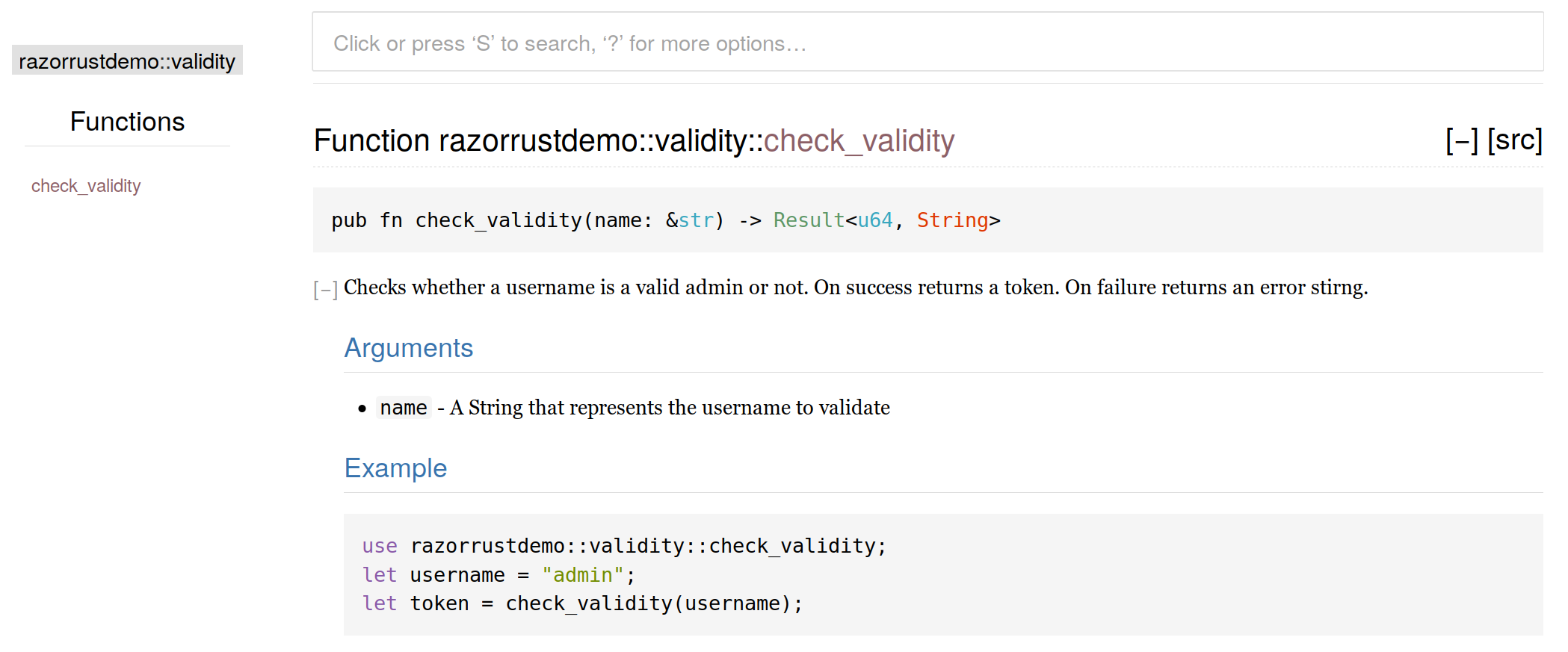
cargo doc --open
Ownership
"Shared mutable state is the root of all evil"
struct Human {
pub inches: u8,
pub hair_color: String
}
fn show_height(human: Human) {
println!("Human Height: {:?}", human.inches);
}
fn main() {
let human = Human {inches: 70, hair_color: "brown".to_string()};
show_height(human);
// ERROR
show_height(human);
}
struct Human {
pub inches: u8,
pub hair_color: String
}
fn show_height(human: &Human) {
println!("Human Height: {:?}", human.inches);
}
fn main() {
let human = Human {inches: 70, hair_color: "brown".to_string()};
show_height(&human);
show_height(&human);
}struct Human {
pub inches: u8,
pub hair_color: String
}
fn show_height(human: &Human) {
println!("Human Height: {:?}", human.inches);
}
fn main() {
let human = Human {inches: 70, hair_color: "brown".to_string()};
let human_ref = &mut human;
show_height(human);
}

State Machines
Session Types
+---------+
| State A | <=++
+---------+ ||
|| ||
|+=======++
||
\/
+---------+
| State B |
+---------+struct StateA {
i: u64,
}
struct StateB {
i: u64,
}
enum EitherState {
A(StateA),
B(StateB)
}
impl StateA {
fn transform(self) -> EitherState {
if self.i % 5 == 0 {
EitherState::B(
StateB {
i: self.i
})
} else {
EitherState::A(
StateA {
i: self.i + 1
})
}
}
}
impl StateB {
fn do_thing(&self) {
println!("{:?}", self.i);
}
}fn main() {
let init_state = StateA {i: 7};
let mut new_state = init_state.transform();
// Accessing init_state once it has transformed is a compile time error
loop {
match new_state {
EitherState::A(state_a) => new_state = state_a.transform(),
EitherState::B(state_b) => {state_b.do_thing(); break;}
}
}
} +----------------------+
|connection established|
+----------------------+
||
\/
+--------------------------------------+
| server greeting |
+--------------------------------------+
|| (1) || (2) || (3)
\/ || ||
+-----------------+ || ||
|Not Authenticated| || ||
+-----------------+ || ||
|| (7) || (4) || ||
|| \/ \/ ||
|| +----------------+ ||
|| | Authenticated |<=++ ||
|| +----------------+ || ||
|| || (7) || (5) || (6) ||
|| || \/ || ||
|| || +--------+ || ||
|| || |Selected|==++ ||
|| || +--------+ ||
|| || || (7) ||
\/ \/ \/ \/
+--------------------------------------+
| Logout |
+--------------------------------------+
||
\/
+-------------------------------+
|both sides close the connection|
+-------------------------------+






Questions
Rust
By Colin
Rust
- 2,632



